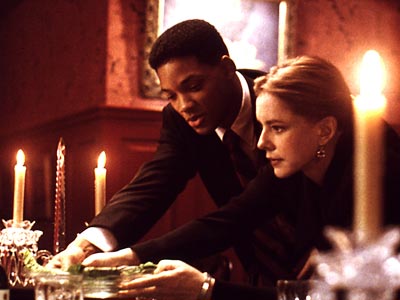FIGHT CLUB AND THE GREAT GATSBY
Is Fight Club just a re-imagination of The Great Gatsby?
[SPOILER ALERT: This blog has major spoilers for the novel Fight Club, if you haven’t read the book (or seen the movie), I wouldn’t recommend reading this blog.]

Fight Club is a dark, powerful story written by Chuck Palahniuk. The book (and later, movie) are filled with fighting, destruction, multiple personality disorder, and insomnia; an obvious deviation of the ‘classiness’ of Fitzgerald’s The Great Gatsby, and definitely not a novel that could be pinned as a rewrite. So what exactly is it that makes Palahniuk say the following in the afterward of his book?:
“Really, what I was writing was just The Great Gatsby updated a little. It was "apostolic" fiction - where a surviving apostle tells the story of his hero. There are two men and a woman. And one man, the hero, is shot to death.“It was a classic, ancient romance but updated to compete with the espresso machine and ESPN.” (215)
Jay Gatsby as represented by Leonardo DiCaprio in the upcoming movie of The Great Gatsby due to be released in 2013.
Tyler Durden as represented by Brad Pitt in the 1999 movie version of Fight Club.
However, if one looks closer at these pairs, more radical comparisons come to light. Such as how both Daisy and Marla are ultimately responsible for the respective heroes being shot, both Gatsby and Tyler charismatic and infamous, and both Nick and the Narrator start out as relatively conservative (compared to Gatsby and Tyler, respectively), lonely people.
The answer is yes. As the books were written around both the end and the beginning of the twentieth century, an evolution has taken place that, while not an exact copy of the Fitzgerald’s much earlier work, Palahniuk has created something more fitting with more modern day times while keeping much of the premise of The Great Gatsby close at heart.
In Fight Club, the mechanic repeats Tyler Durden’s words when he talks about the lack of “a great war in [their] generation, or a great depression” but rather, a “great war of the spirit. [They] have a revolution against the culture. The great depression is [their] lives. [They] have a spiritual depression.” (49) This is unlike the actual great war present in The Great Gatsby that both Nick and Gatsby participated in. Instead of a past of fighting in the literal sense, Palahniuk gives us a past of emotional fighting. A fight against culture, and, perhaps, not having to fight about anything in the first place. Palaniuk seems to be suggesting here that because of the lack of any outlets, people felt even more "restless" than Nick did when he first came back from the war. This is one of the ideas that has changed people’s perspective in the seventy year gap between novels.
The book’s style, word choice, and imagery differ considerably because of the different time periods they were written in. A comparison of Daisy and Marla shows the huge difference between the two: the difference of seventy years- of keeping up with ESPN and the espresso machine. Although even in our time Marla isn’t seen as a particularly desirable human being, the Narrator’s affection for her makes her out to be the desirable character in the narrative. She’s nothing like Daisy, but she’s seen as an acceptable love interest in modern times, easily showcasing the difference in characters as a way to underline the difference in time. In the end, both of these characters are also indirectly responsible for getting the "heroes" of the story killed. Marla for showing up and letting the Narrator finally get the strength to "shoot Tyler" (actually shooting himself because he and Tyler are the same person). Daisy for running over Myrtle and causing Wilson enough pain to retaliate by shooting Gatsby and himself.






















